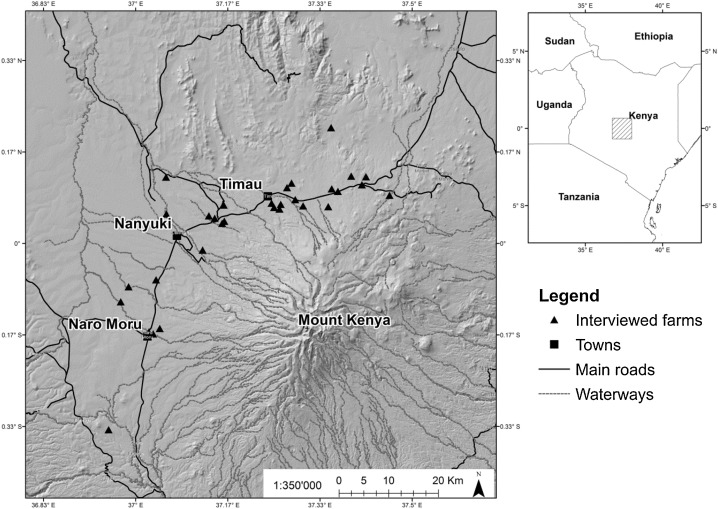
My favorite paper project bears fruit: Creating #leadership collectives for #sustainability transformations. Here is what we have to say: bit.ly/3bbQmWW #openaccess 👇👇👇
https://twitter.com/vereseufert/status/1367453750818975744
We advocate for the creation of leadership collectives: groups of individuals from multiple organisations and sectors who lead transformational social change together through critical #reflection, #inclusivity and #care. Why these three values? 

Leadership collectives require critical reflection to transform how collective leadership is defined; to challenge the existing structures in sustainability science and practice; and to respond to the complexity and uncertainty of sustainability transformations.
Inclusivity is required to remedy the systematic marginalization of people excluded by traditional leadership models.
Care has the potential to be the most transformative aspect. Attending to care “involves the mutual recognition of an individual’s situation, active listening, the development of trust, and ongoing expressions of solidarity” bit.ly/3uWIAb9
The current academic system discourages the type of leadership required for sustainability transformations. We identify three systemic patterns that need to change:
1) From metrics to merits: Research excellence is currently
almost exclusively evaluated on individual output-based metrics. This re-inforces unhealthy competition and disadvantages individuals who invest in long-term collaborative processes crucial to transformative research.
almost exclusively evaluated on individual output-based metrics. This re-inforces unhealthy competition and disadvantages individuals who invest in long-term collaborative processes crucial to transformative research.
2) From career to care: Progressing as a leader in sustainability science, as in any other research field, often requires individuals to sacrifice work–life balance at the expense of wellbeing.
3) From inter- and trans-disciplinarity on paper to practice: Despite long-standing calls for and investment in more
interdisciplinary research across sustainability sciences and transdisciplinary research with society, funding remains heavily structured around disciplines.
interdisciplinary research across sustainability sciences and transdisciplinary research with society, funding remains heavily structured around disciplines.
Together, these suggestions imply reorienting #academia away from maximising individual outputs in minimal time, towards a slower (more sustainable) science #slowscience with time to centre wellbeing and change processes, and hold space to be creative and collaborative.
These aspirations for a reorientation of academia are reflected in our motivations for experimenting with a new leadership collective, the #Careoperative.
Our choice of writing under a shared first-author pseudonym, O. Care, for example, reflects how this paper is the result of a collective effort, whilst challenging lead author status as indication of prestige.
These aspirations for a reorientation of academia are reflected in our motivations for experimenting with a new
leadership collective, the #Careoperative.
leadership collective, the #Careoperative.
Our choice of writing under a shared first-author pseudonym, O. Care, for example, reflects how this paper is the result of a collective effort, whilst challenging lead author status as indication of prestige.
Most importantly, our group has provided a source of hope, energy and support to continue our collective discovery of leadership in sustainability transformations research.
We call on the generations of leaders who have come before us, to cultivate spaces where leadership collectives can flourish and future leaders can work together to enact radically reimagined visions for sustainability transformations and thank those who do so already!
And we thank @BoschStiftung for bringing us together in the first place and for supporting this publication!
@threadreaderapp unroll
• • •
Missing some Tweet in this thread? You can try to
force a refresh



